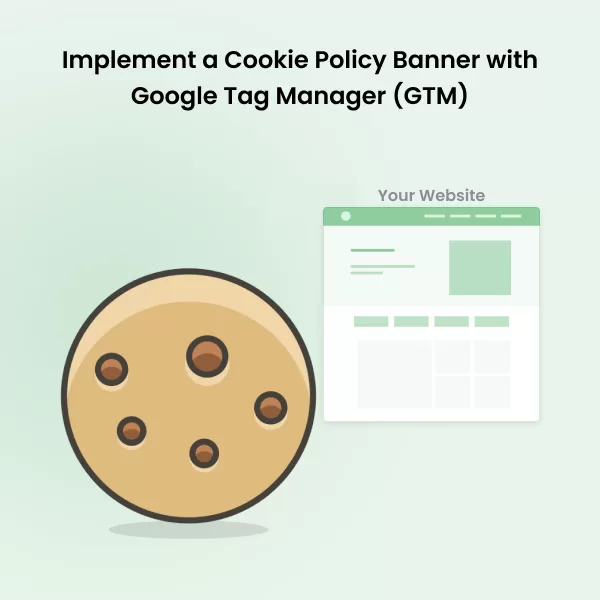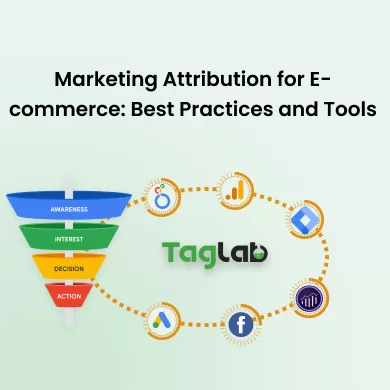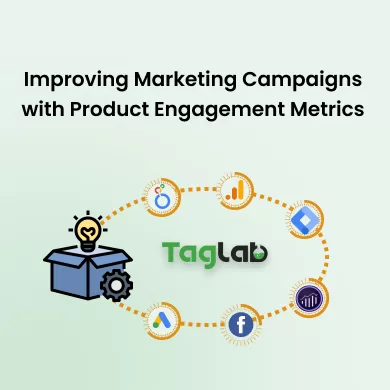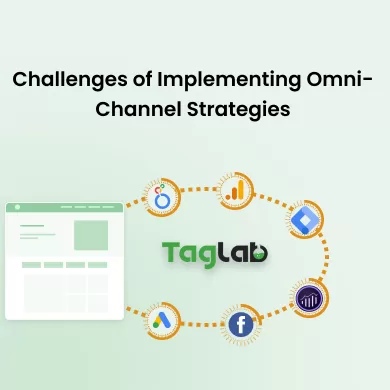Your cart is currently empty!
Campaign Calendar
Posted by:
|
On:
|
A Campaign Calendar is a scheduling tool used to plan and organize marketing activities and campaigns over a specific period. It helps marketers and teams to map out their marketing initiatives, track important dates, deadlines, and events, and ensure that all activities are executed in a timely and coordinated manner. The calendar typically includes information such as campaign launch dates, key milestones, promotional activities, and content publishing schedules. A well-maintained campaign calendar can improve efficiency, enhance collaboration, and ensure that all marketing efforts are aligned with overall business goals.
Detailed Explanation
The Campaign Calendar is a vital tool for managing and coordinating marketing campaigns. It provides a visual overview of scheduled marketing activities, helping teams to organize tasks, set deadlines, and track progress. The calendar can be used to plan various types of campaigns, including social media promotions, email marketing, product launches, and events. By having a centralized view of all marketing activities, organizations can avoid scheduling conflicts, ensure timely execution, and optimize the allocation of resources. Additionally, a campaign calendar helps in tracking the effectiveness of campaigns and making adjustments as needed to achieve desired outcomes.
Key Points
- What it is: A scheduling tool used to plan and organize marketing campaigns and activities over a specific period.
- Why it matters: It helps in coordinating marketing efforts, avoiding scheduling conflicts, and ensuring timely execution of campaigns.
- How it is used: For mapping out campaign launch dates, key milestones, promotional activities, content publishing schedules, and tracking overall progress.
Examples
- Example 1: Using a Campaign Calendar to schedule social media posts, email newsletters, and blog updates for a product launch campaign to ensure consistent messaging and timing.
- Example 2: Planning a year-long marketing strategy by mapping out key events, seasonal promotions, and advertising campaigns on a calendar to align with business objectives.
- Example 3: Coordinating a series of webinars and online workshops by scheduling them on a campaign calendar to manage registrations, promotions, and follow-up activities.
Related Terms
- Marketing Plan
- Content Calendar
- Campaign Management
- Project Management
- Marketing Schedule
Frequently Asked Questions
What is a Campaign Calendar?
A Campaign Calendar is a scheduling tool used to plan and organize marketing activities and campaigns over a specific period. It helps marketers to map out their initiatives, track important dates, and ensure timely execution.
Why is a Campaign Calendar important?
A Campaign Calendar is important because it helps in coordinating marketing efforts, avoiding scheduling conflicts, and ensuring that all activities are executed on time. It provides a visual overview of planned campaigns, improving efficiency and alignment with business goals.
How do you create a Campaign Calendar?
To create a Campaign Calendar, start by identifying key marketing activities, deadlines, and events. Use a calendar tool or software to map out these activities over the desired period. Include details such as campaign launch dates, promotional activities, content schedules, and milestones. Regularly update the calendar to track progress and make adjustments as needed.
What are some benefits of using a Campaign Calendar?
Benefits of using a Campaign Calendar include improved organization and coordination of marketing activities, prevention of scheduling conflicts, timely execution of campaigns, enhanced visibility of marketing efforts, and better resource allocation. It also helps in tracking the effectiveness of campaigns and making data-driven adjustments.
Can a Campaign Calendar be used for different types of campaigns?
Yes, a Campaign Calendar can be used for various types of campaigns, including social media promotions, email marketing, product launches, events, and more. It provides a centralized view of all marketing activities, allowing for effective planning and execution across different campaign types.



